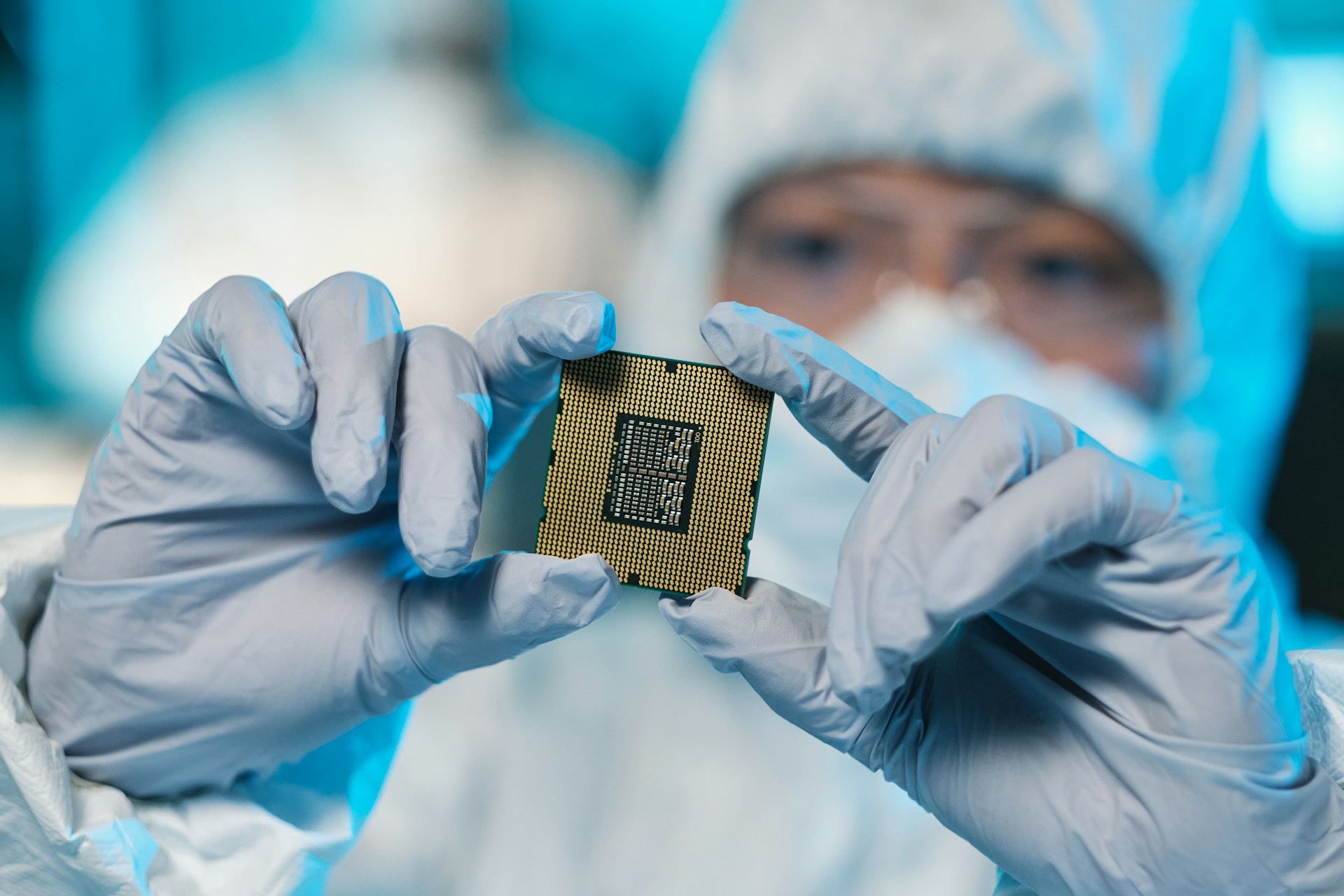In a dramatic policy shift, President Donald Trump announced on August 6, 2025, that the United States would impose a 100% tariff on imported semiconductor chips. This bold move aims to reduce the nation’s dependence on foreign imports and encourage the expansion of domestic manufacturing. Companies that produce chips within the U.S. or commit to building local production facilities will be exempt from the tariff, marking a strategic push to reshore critical industries vital to technological advancements and national security.
The announcement has already had a ripple effect on global markets. In particular, Apple Inc. revealed plans to invest an additional $100 billion into U.S. manufacturing, positioning itself to benefit from the tariff exemptions. Other major semiconductor players, including Applied Materials, Texas Instruments, GlobalFoundries, and Broadcom, saw their stock prices surge in response to the news. Global semiconductor giants like Taiwan’s TSMC and South Korea’s Samsung and SK Hynix, which maintain U.S. manufacturing operations, are also expected to remain exempt from the tariffs, securing their positions in the market.
However, the new tariffs have sparked concerns among countries such as the Philippines and Malaysia, which are key exporters of semiconductor components. Leaders from these nations have warned that the U.S. tariff could severely disrupt their semiconductor industries, with some predicting a devastating economic impact.
This tariff announcement underscores the U.S. administration’s broader goal of reducing reliance on global supply chains for critical technologies. By incentivising domestic production, the U.S. is aiming to strengthen its position in the semiconductor market, a sector vital not only for technological innovation but also for national security, given the role of semiconductors in defence and communications technologies. As the global tech landscape adjusts to these new tariffs, it remains to be seen how other nations and companies will respond to this shifting dynamic in the semiconductor industry.


